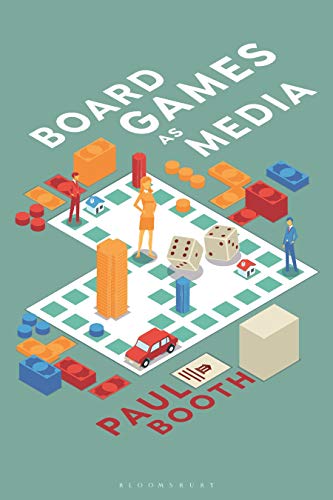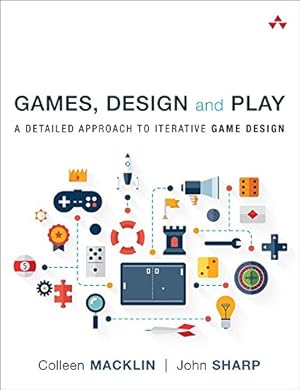MDST3704: Games & Play | Fall, 2024
Meets Mondays, 2:00pm-4:30pm
Play surrounds us. Whether as hobbies, entertainment, instructional tools, or as simply as frameworks for looking at everyday life, games and play are fascinating lenses by which we can understand popular media through culture, politics, and social movements. In this course, students will question what we think we know about play through a look at multiple forms of “games.”
In this seminar, we will engage with game studies and the study of play through multiple avenues. We will play games and students will learn how to interrogate their own play, their own positions as players, as well as formally analyzing games. As part of the course, students will regularly read and then implement game design concepts, in order to understand both how games are made as well as discourses of design.
While much of the field of game studies has been built on research on digital games, this semester we are taking a different emphasis. We will be focusing on play quite broadly, with an emphasis on multiple forms of games — digital games, board games, card games, role-playing games, larps, puzzles, playground play, even covering escape rooms and the design of theme parks. This course will not focus primarily on video games. Students who are primarily interested in video games and digital play will likely find the varied emphases of the course to be challenging. Additionally, while we will discuss play in embodied and physical forms, traditional athletic sports will not be an emphasis in this course and students who wish to explore sports and sporting communities are encouraged to enroll in a different course.
Throughout the term, we may, to varying degrees, discuss topics ranging from: Chess and the gendered development of the Chess Queen in medieval Europe; the forms of identity play and collaborative world-building that take place in live-action role-playing games; the history of Dungeons & Dragons and role-playing games; the roles of race in theories of play; immersive puzzle design in escape rooms; how to “read” colonialist and Orientalist context in board games such as Catan; gender and the malleability of rules in childrens’ playground games such as Four Square; board and card games as sites of media adaptation and transmedia storytelling (Game of Thrones, Walking Dead, Doctor Who, etc.); fandom, fan expansions, fan modifications, and fan-managed futures for digital and non-digital games.
Some of the course readings we may engage with (in whole or excerpted) include:




All students will be required to play multiple games of various forms outside of class (role-playing games, live action role playing games, board games, card gamed). That said, students who have little game play or game design experience are very welcome in the course, as are students who are interested in the design of games. All students will (1) play and write a great deal about non-digital games both in and out of class; (2) gain experience designing and iterating the design of several small digital and non-digital game prototypes.
If you have any questions about this or any other course (or anything else on this website), please don’t hesitate to email Dr. Duncan at his first name dot his last name [at] virginia.edu.